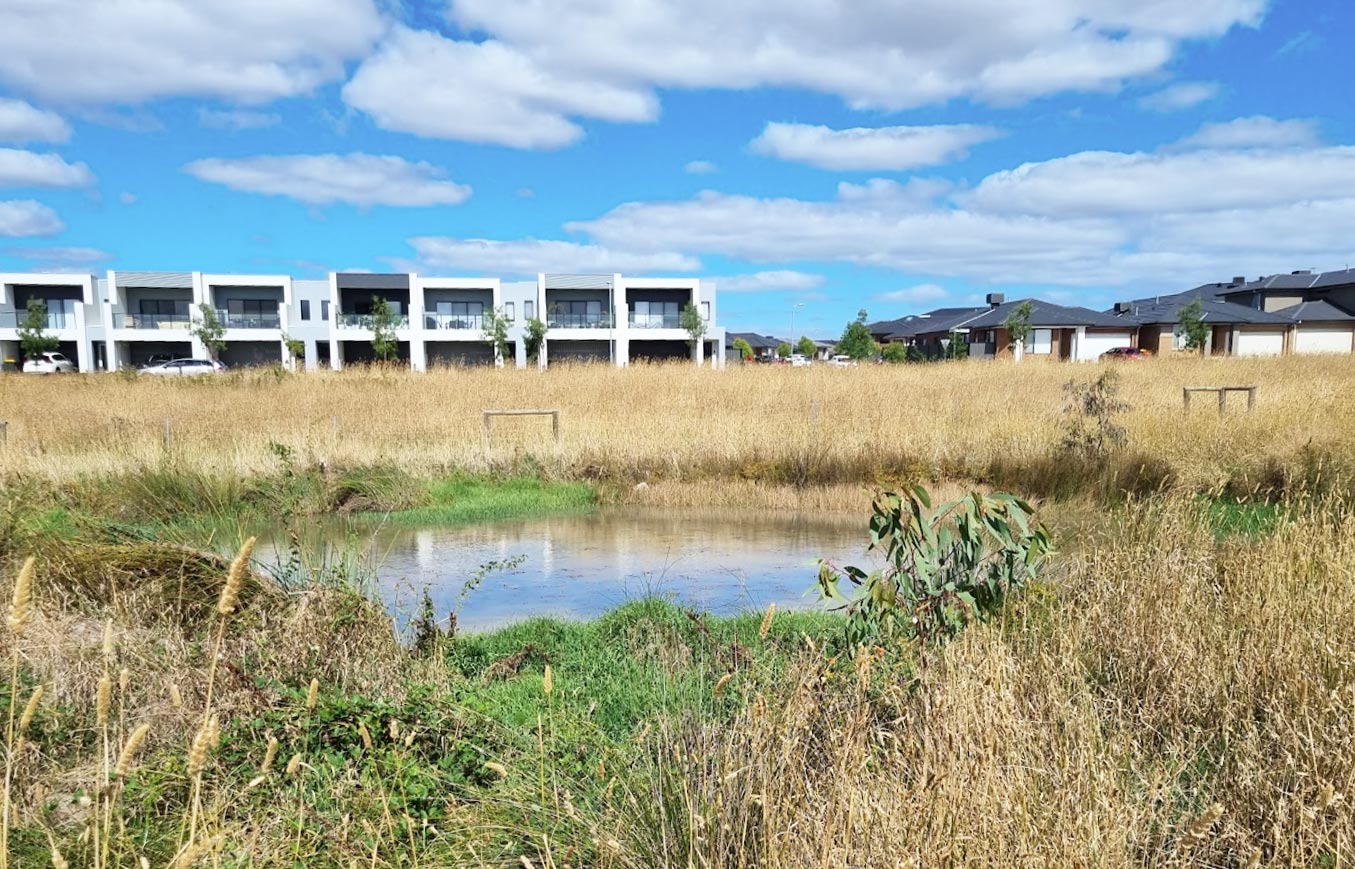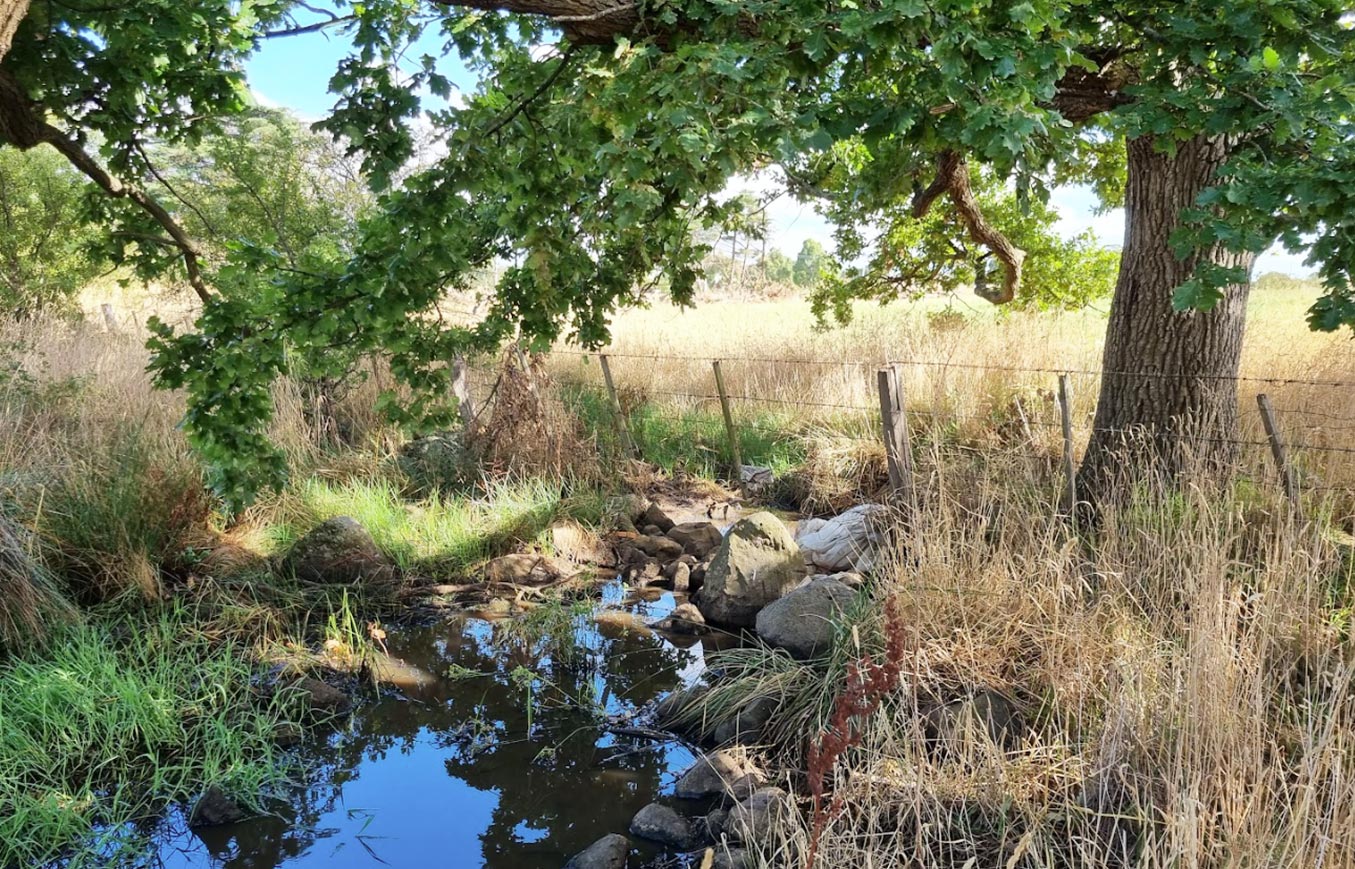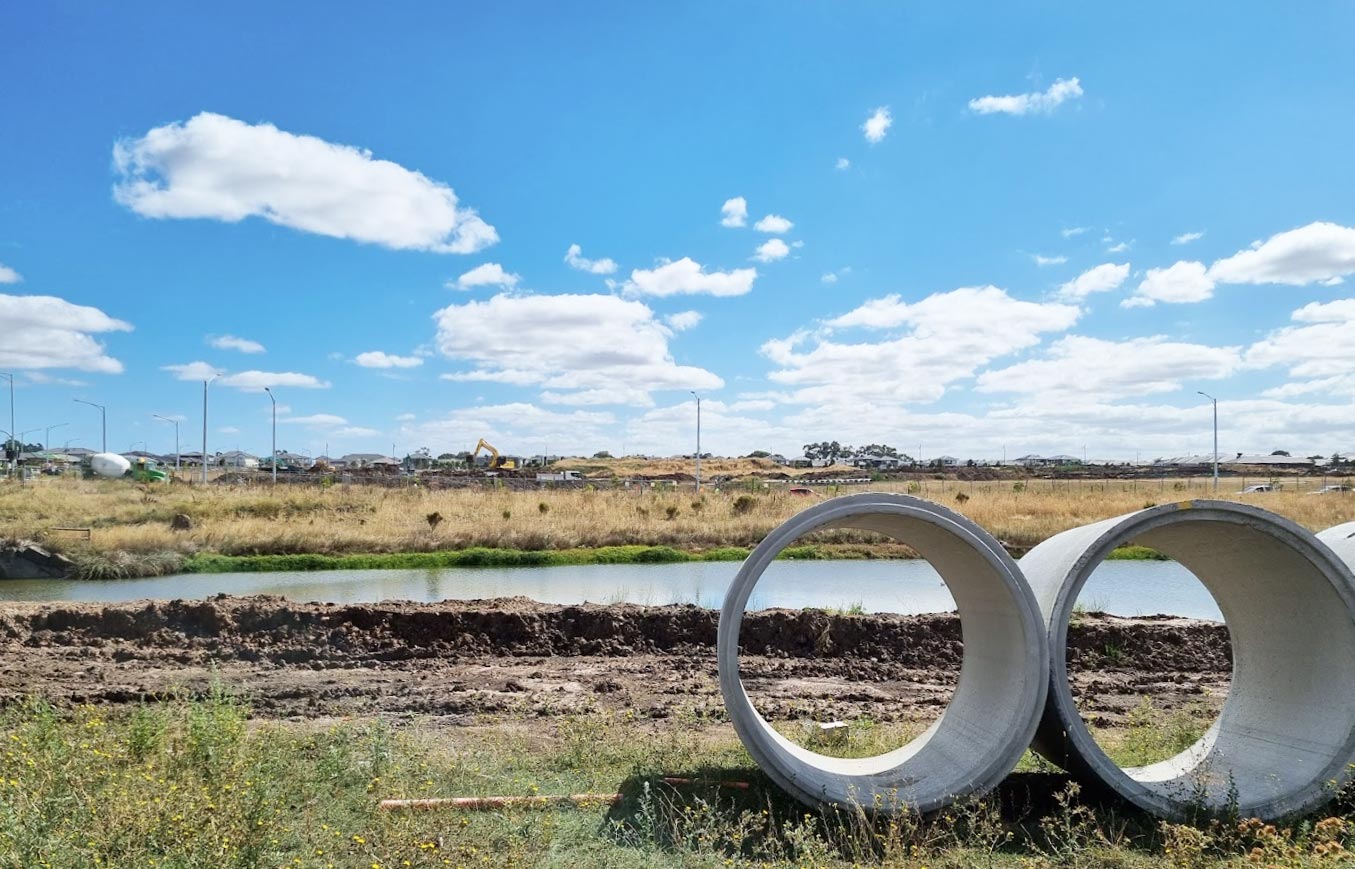Identifying novel solutions to protecting headwater streams under pressure from new urban development
We are working with Melbourne Water, the University of Melbourne and Alluvium to develop guidance that can be applied at various scales and across jurisdictions.
Background
Headwater streams – the starting point of all river networks – contribute water quality and quantity, sediment transport and organic matter supply to downstream water networks. They are extremely sensitive to their surroundings, yet often not well protected. Urban development has resulted in the loss of many of these headwater streams and their associated green spaces over time.
Please find the presentations from this webinar session below.
- Belinda Hatt - Download presentation
- Rhys Coleman - Download presentation
- Jamie Ewert - Download presentation
What we’re doing
Aitken Creek is an ephemeral headwater stream that rises in an agricultural landscape and flows through northern Melbourne to join Merri Creek. It is in Melbourne’s northern growth corridor meaning it is experiencing significant development pressure.
Melbourne Water’s Healthy Waterways Strategy recognises the value of the headwater streams across Greater Melbourne and outlines objectives to protect them in developing areas. To better protect these sensitive ecosystems, we need to complement our current knowledge and existing tools with new innovative solutions.
This project involves working with stakeholders including policy makers, planners, consultants and water managers, to identify:
- real and perceived barriers to achieving better outcomes
- novel solutions and lessons that can be applied to other headwater locations being urbanised.
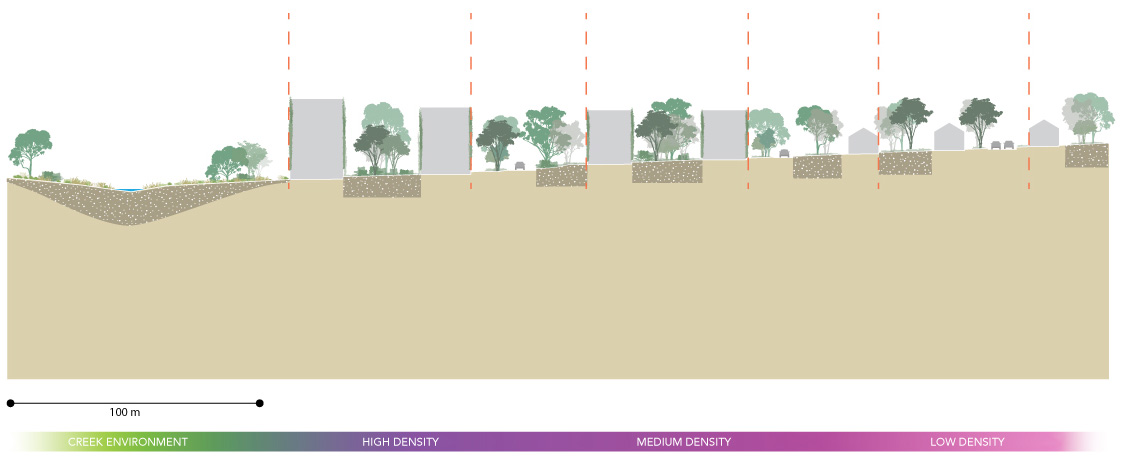
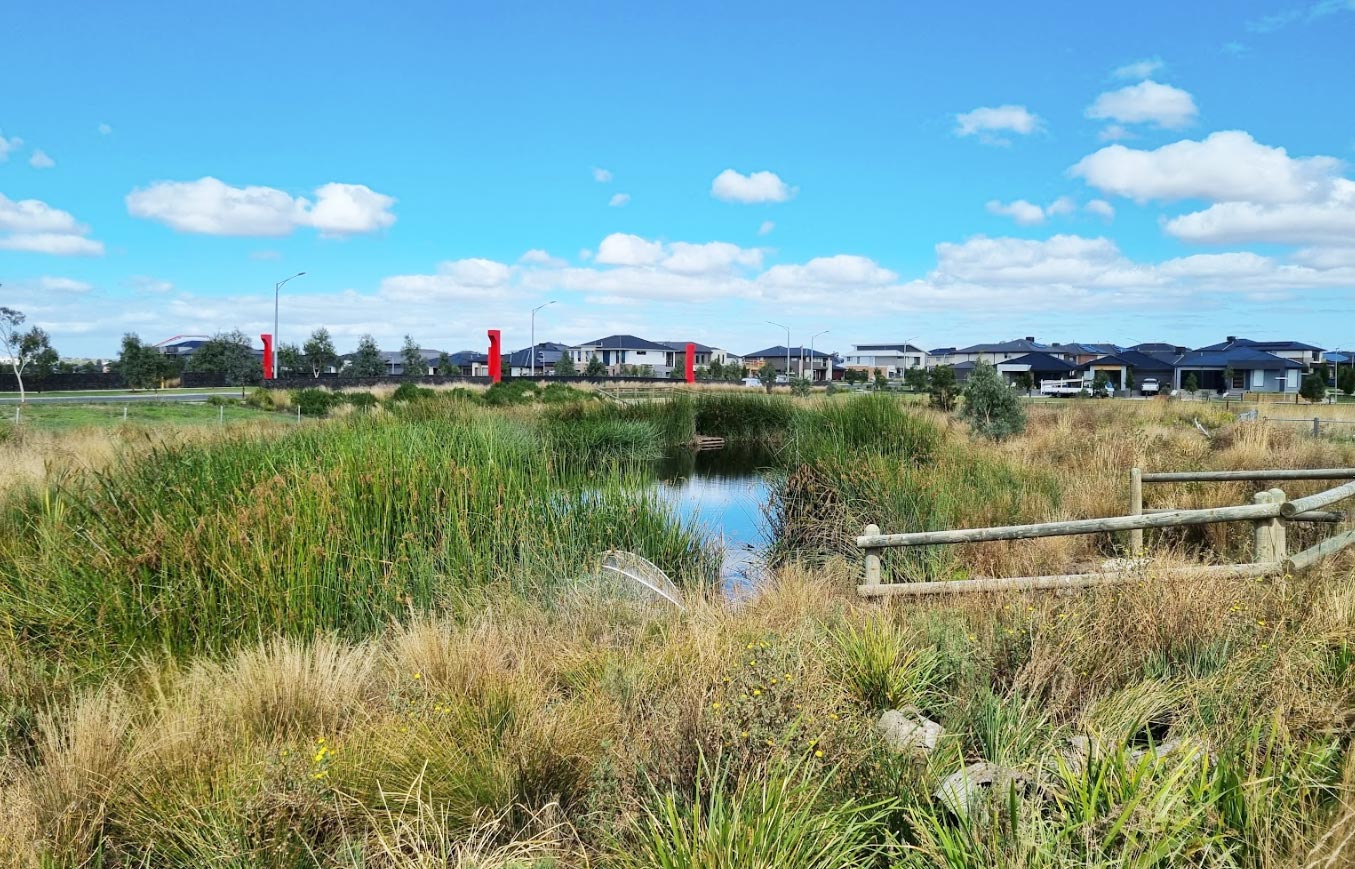
How it will help
The deliverables from this project will be:
- high-level concepts for Aitken Creek, along with indicative costs and benefits that can be used to build a compelling case for action
- a transferable approach based on co-design principles that can be used to determine place-based solutions for other under pressure headwater streams.
The guidance promotes a ‘how to do it’ approach, rather than simply a ‘what to do’ approach.
The CRCWSC has produced research, guidelines and
tools related to the following topics:
Integrated Urban Flood
Management
Climate change
mitigation
Community
engagement
Economics and
business case

